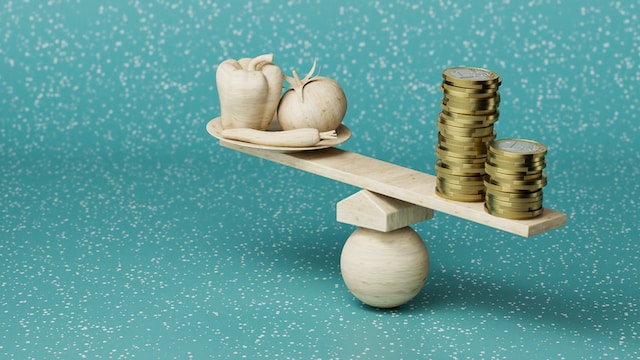It can be very attractive to pay off your mortgage early. The reason for this is both financial and psychological. Paying down the principle means you’ll be paying less total over the duration of the loan than if you simply made the minimum payments, since interest is based on the principle, not the original loan amount. It will also give you some peace of mind to know that you no longer have any mortgage payments. But those aren’t the only factors at play, and depending on your financial situation, it may actually be better to keep making steady minimum payments.
Of course, if you can barely afford the minimum payments in your budget as-is, the decision is made for you. However, there could be reasons for someone who can afford to put a bit more towards payments to instead hold onto it. One reason is that mortgage interest payments are tax deductible. You may be paying more in mortgage payments, but paying less in taxes. Whether or not this is in your favor in your specific situation is a question for a tax professional. Another is the effects of inflation: as prices and therefore the cost of living continue to increase over time, as long as you make only minimum payments, the total amount you will have owed by the end of your mortgage doesn’t change at all. That means the amounts for payments made towards the end of the loan’s life tend to have lower value in terms of purchasing power, and may be less of an economic burden than other payments you may need to make.
The latter reason doesn’t mean much if you aren’t spending the money on something else, but there’s a good chance you should be. Savings funds, such as retirement funds, and investments both require money to be put into them to gain a profit later. If you don’t have money to invest, you won’t get any in return. Even holding onto the money can be useful, in case it’s needed for emergencies, or a very good investment opportunity crops up.
Photo by Igor Omilaev on Unsplash
